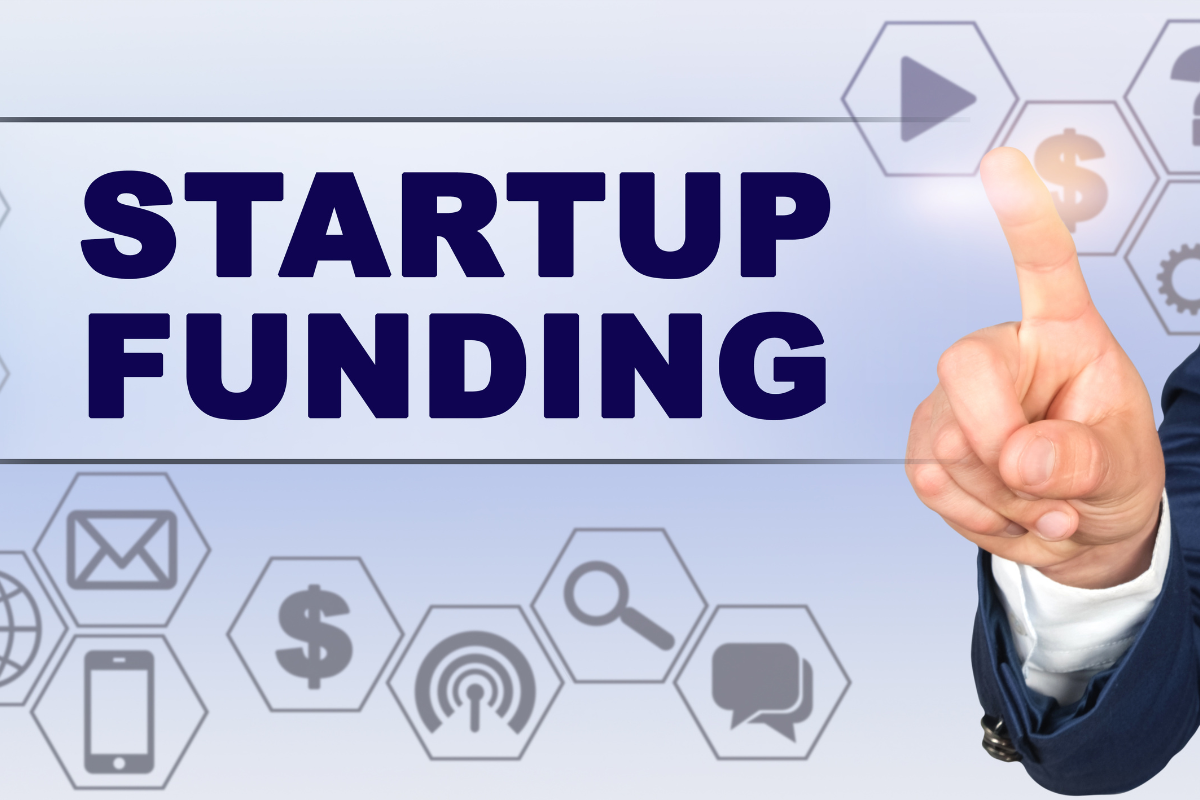Singapore has earned a global reputation as a vibrant hub for entrepreneurship, innovation, and technology. Backed by a strong economy, a pro-business regulatory environment, a well-educated talent pool, and comprehensive government support, the city-state offers a compelling launchpad for aspiring entrepreneurs. However, turning a brilliant idea into a scalable business requires capital—and knowing where and how to secure it can be the difference between success and stagnation.
This guide breaks down the key funding stages, explores various financing options in Singapore’s startup ecosystem, and offers actionable insights to help founders secure the right type of capital at the right time.
Singapore’s Startup Ecosystem: A Fertile Ground for Innovation
Singapore consistently ranks among the top countries for ease of doing business and startup friendliness. Initiatives by government agencies like Enterprise Singapore and SGInnovate actively support startups through grants, mentorship, and market access. The country also hosts a dense concentration of accelerators, venture capital (VC) firms, angel investors, and coworking communities—all within a compact geography that fosters high connectivity and fast-paced collaboration.
Understanding Startup Funding Stages
Before diving into funding options, it’s crucial to understand the typical financing stages:
- Pre-seed/Seed Funding: Early capital used to develop the initial idea, build a prototype, or conduct market research.
- Angel Investment: Funding from high-net-worth individuals in exchange for equity, often supporting early growth and product-market fit.
- Series A: Larger investment rounds typically led by VC firms to scale operations, grow user bases, and expand teams.
- Series B and beyond: Subsequent rounds for scaling further, expanding internationally, or developing advanced products or services.
Each stage comes with increasing expectations around traction, revenue, and strategic direction.
Types of Funding Available in Singapore
1. Bootstrapping
Many founders start by bootstrapping—self-funding their venture using personal savings or revenue reinvestment. This approach allows full control of the business and avoids equity dilution. However, it’s only viable if the business has low initial capital requirements or can achieve revenue quickly.
2. Friends and Family
Seeking capital from personal networks is common in the early stages. While this route can be fast and flexible, it comes with emotional and ethical responsibilities. Be transparent about risks and formalise agreements to avoid misunderstandings.
3. Angel Investors in Singapore
Angel investors offer not just funds but also mentorship and valuable networks. In Singapore, angel networks such as AngelCentral, BANSEA (Business Angel Network South East Asia), and private syndicates are active in seed-stage funding.
What they look for:
- A capable and committed founding team
- A clearly defined problem and innovative solution
- A scalable market opportunity
Pitching tips:
- Be concise—most angels make decisions quickly
- Back claims with data
- Focus on vision and execution strategy
4. Venture Capital Firms in Singapore
For startups looking to scale quickly, venture capital offers larger sums of funding in exchange for equity. Notable VC firms active in Singapore include Monk’s Hill Ventures, Golden Gate Ventures, Quest Ventures, and Vertex Ventures.
What to consider:
- Each VC has specific sectors and stages they invest in—do your homework
- VCs often require board seats and significant influence on decision-making
- The funding process includes term sheets, negotiations, and due diligence
Useful resource: Golden Gate Ventures Portfolio – A good overview of the types of startups VCs back in Southeast Asia.
5. Government Grants & Schemes
Singapore’s government offers robust support for startups through various funding schemes:
- Startup SG Founder Grant: Up to S$50,000 for first-time entrepreneurs, with matched funding and mentorship.
- Enterprise Development Grant (EDG): Supports projects that enhance core capabilities, innovation, and market access.
- Productivity Solutions Grant (PSG): Helps subsidise IT solutions and equipment.
- SGInnovate: Invests in deep tech startups and connects them with global research and investor communities.
You can explore more at Enterprise Singapore for the latest schemes and eligibility.
6. Crowdfunding in Singapore
Crowdfunding offers access to capital while simultaneously building a customer base.
- Reward-based crowdfunding (e.g., Kickstarter, Indiegogo) lets backers pre-purchase a product.
- Equity crowdfunding platforms (e.g., FundedHere, Crowdo) allow investors to acquire equity.
Crowdfunding requires strong marketing, a compelling story, and clear value propositions.
7. Debt Financing
Bank loans, credit lines, and alternative lenders like Funding Societies offer startup-friendly loans, particularly for businesses with cash flow. While this avoids equity dilution, debt carries repayment obligations and requires a good credit profile or financial track record.
Crafting a Compelling Pitch Deck
A strong pitch deck is your gateway to investor interest. Essential elements include:
- Problem Statement – What’s the issue you’re solving?
- Solution – How does your product/service solve it?
- Market Size – Is there a big enough opportunity?
- Business Model – How do you make money?
- Traction – What have you achieved so far?
- Team – Why are you the right people to build this?
- Financials – Projected revenue, burn rate, and unit economics
- The Ask – How much funding do you need, and what will it be used for?
Developing a Robust Business Plan
Beyond your pitch deck, investors will want a full business plan. This should cover:
- Market research and competitive analysis
- Go-to-market strategy
- Operational plan
- Detailed financial projections
- Exit strategy for investors
Use frameworks like SWOT or Porter’s Five Forces to strengthen your planning.
Networking and Building Relationships

Funding isn’t just about cold pitches—it’s about trust. Attend Singapore startup events like Tech in Asia Conference, SLING (Startup SG Network) meetups, or join incubators like BLOCK71 or Antler. Build relationships with other founders, mentors, and potential investors early.
Leverage platforms like LinkedIn, Meetup, and Startup Grind Singapore to stay active in the scene.
Due Diligence and Legal Considerations
Investors will conduct due diligence to verify your claims and assess risk. Prepare for checks on:
- Shareholding structure (cap table)
- Intellectual property (IP) rights
- Financial records
- Legal contracts (employment, supplier, etc.)
Consider engaging a corporate lawyer familiar with Singapore’s startup environment to draft agreements and shareholder terms.
Common Mistakes to Avoid
- Lack of market validation: Ideas without real customer interest struggle to attract investment.
- Overvaluation: Inflated valuations can deter serious investors.
- Poor financial planning: Unrealistic projections or vague use of funds raise red flags.
- Weak team dynamics: Investors bet on teams, not just ideas.
- Chasing the wrong investors: Align investor interest with your startup’s vision and stage.
Final Thoughts: Begin Your Funding Journey
Raising capital is not just a financial transaction—it’s a strategic partnership. Whether you’re pursuing angel investors Singapore, venture capital Singapore, or leveraging government grants Singapore, clarity, preparation, and persistence are key. Start by refining your startup pitch deck, developing a solid business plan Singapore, and actively engaging the ecosystem through events and mentorship.
Singapore’s startup funding landscape is robust—but competitive. The more prepared you are, the more likely you are to secure the resources to bring your vision to life.

